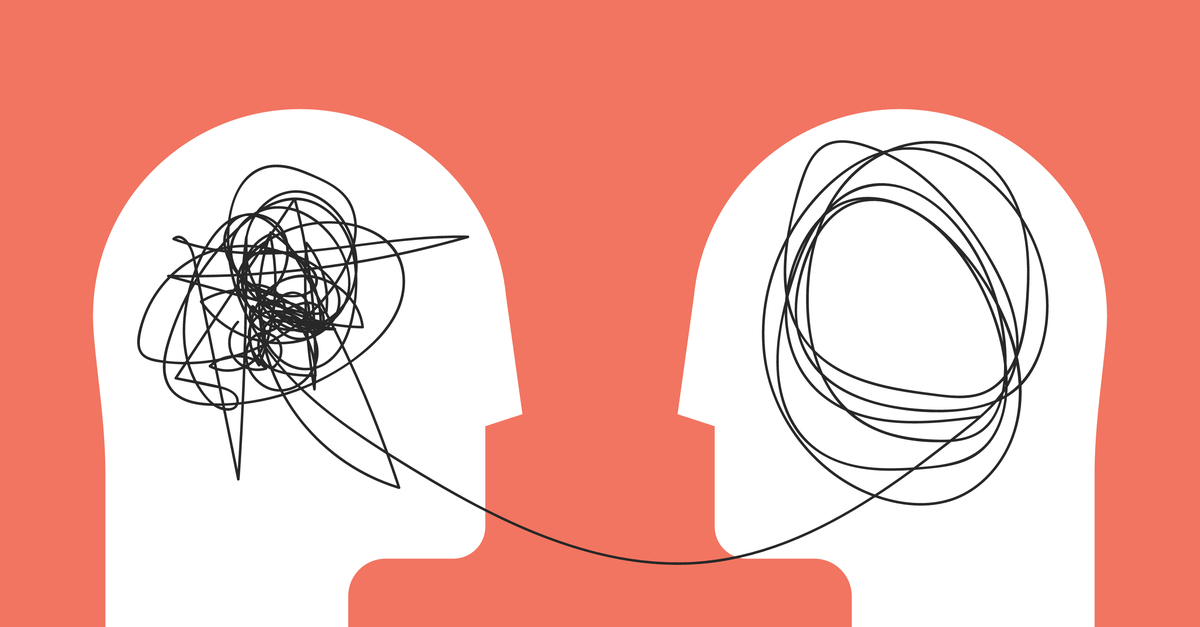The DiSC Profile, Explained: How Two Identical DiSC Styles Can be Unique








The drive toward more inclusive and connected workplaces is becoming one of the most urgent needs in organizations, and one of the most talked-about in HR circles. More and more, retention challenges, all-time low engagement levels, and a distributed workforce has created an imperative for organizations to invest in leadership skills development.
As we take steps toward building workplaces where individuals can contribute safely and truly belong, one of the foundational themes I’m exploring is the connection between curiosity and empathy.
Last month, I explored the importance of curiosity, including the massive upside if we are willing to go beyond the familiar and be more curious in our daily lives.
When we are more curious about people and the world around us, we can:
As for the foundational skill of curiosity, I’d like to offer one further reflection idea.
As I have been researching and reading in the space of empathy, my current hypothesis is that curiosity is an ACCLERANT to empathy—a fire starter of sorts. Let’s explore this a bit more.
Psychologist Carl Rogers described empathy as “seeing the world through the eyes of the other, not seeing your world reflected in their eyes. To be truly empathetic and understand another person’s perspective, feelings, and motivations, you have to be curious about that person.”
Most people might define empathy as the ability to understand and share the feelings of another, but how does one actually share the feelings of another when for some of us, just understanding our own feelings is a challenge? Identifying with and connecting to another person requires that we learn an emotional language that allows us to be open and receptive, and that means being genuinely curious.
I’ve coached hundreds of business leaders who don’t intuitively know what people around them are feeling, and it can lead to blind spots--an inability to see the impact their actions may have on people. Only learning and practice can move the needle toward deeper understanding.
Ultimately, I believe PRACTICING curiosity and empathy can help us avoid the pain of being hurt and hurting others. If that is not enough motivation, practicing curiosity and empathy can help us obtain some pretty important business impacts (retention, engagement, productivity, and more).
Have you ever been in a situation with a friend, partner, family member, or coworker where you are trying to share something vulnerable, and you just don’t feel they are with you? Maybe they’re checking their phone or distracted by the television, or maybe they interrupt and start talking about themselves. Let’s face it, it’s much easier to be present when the moment is positive or pleasant.
Buddhism refers to this unconstrained state as the “monkey mind.” Great visual, right? You can see your brain running around, causing distraction, and slipping on banana peels. I’ve been working to quiet my monkey brain for a while and here are a few things that I’ve found to help:
Finally, as George Bernard Shaw pointed out: “Do not do unto others as you would have them do unto you—they might have different tastes.” A fitting final reminder about the key role curiosity and then empathy can play in helping us as level up our leadership impact on others.
By practicing curiosity and empathy, we have a great opportunity to level up our leadership game—both for ourselves (personally and professionally) and for the organizations we support. We are going to continue the conversation on these and other foundational leadership skills, so stay tuned!






We're excited to partner with you to empower your leaders. Let us
know how we can be of service!